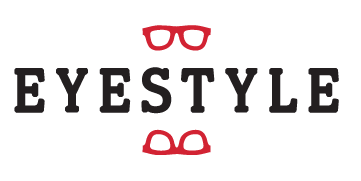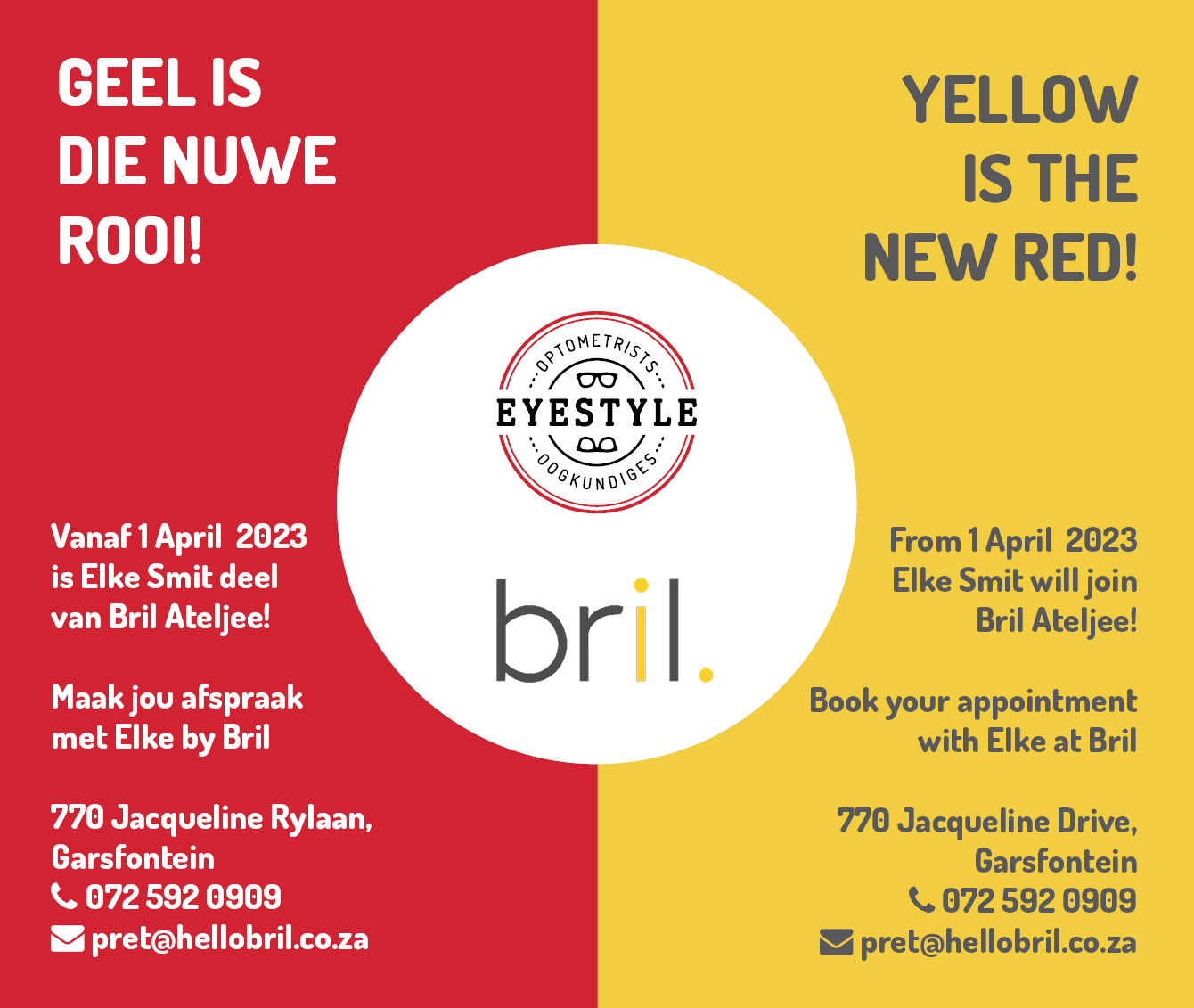Being able to see well is a vital aspect of performing daily activities for most people. Good vision contributes to general well-being and independence for people of all ages. For those with imperfect but correctable vision, many options can help to improve sight. These options include glasses, contact lenses, or laser surgery. The option that is best for you depends on your eyes, lifestyle and budget.
Wearing contact lenses has many potential benefits. To get the most out of your contact lens-wearing experience follow these tips:
- wash hands before handling contact lenses
- never sleep in contact lenses (unless prescribed)
- keep all water away from contact lenses
- never share contact lenses
- replace contact lenses as recommended
- replace case every three months
- dump out used solution every day from the case and clean it with fresh solution – NEVER WATER
- carry a back-up pair of spectacles in case you remove your contact lenses or if it tears

See well
Contact lenses correct most vision problems:
- Near-sightedness (myopia): blurred vision far away
- Far-sightedness (hyperopia): blurred vision close up
- Astigmatism: blurred vision both far away and close up
- Presbyopia: blurred vision close up in ageing adults
Contact lenses move with the eye for vision correction that can feel and look natural.
Feel well
There are a variety of contact lens materials and replacement schedules available that make the selection easier for the best option for an individual’s eyes, lifestyle, and budget.
Contact lenses allow individuals:
- to have a natural appearance without glasses
- the choice to change the appearance of one’s eyes with coloured contact lenses
Children, teens, and adults who wear contact lenses report feeling better about their physical appearance and ability to engage in sports and recreational activities compared to those who wear glasses.
Play well
Contact lenses improve peripheral (side) vision during sports and activities.
Contact lenses do not fog up like glasses when outdoors, in low-temperature work environments, or playing sports.
Contact lens wearers can use non-prescription UV-blocking sunglasses to protect their eyes from the sun. Some types of contact lenses can provide extra UV protection—although they are not a substitute for sunglasses.
Important notice: If you experience pain, discomfort, redness or blurred vision please contact practise immediately.
If you have more question, please do not hesitate to call me.
Love Your Eyes
Elke Smit

Elke is the owner of Eyestyle Optometrist. Her passion is to promote eye health and eye care but she is even more passionate about the people behind the eyes. The most important factor is good eyesight which gives us the ability to see the beauty in all things around us.
Your eyes are the window to your soul and most spectacle wearers wear their glasses for the better part of the day.
Choosing the appropriate eyewear is not always easy! Eyewear should feel comfortable, and suitable for everyday challenges.

